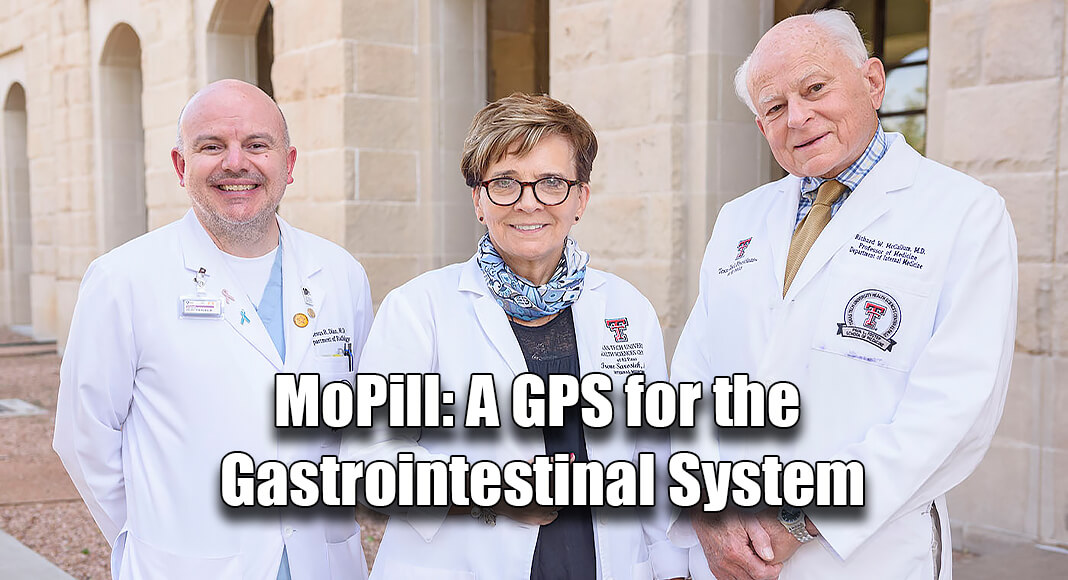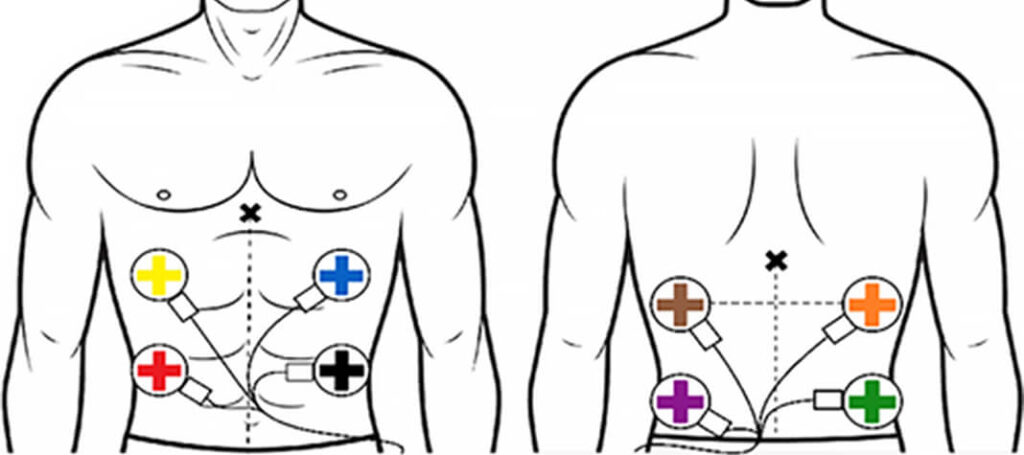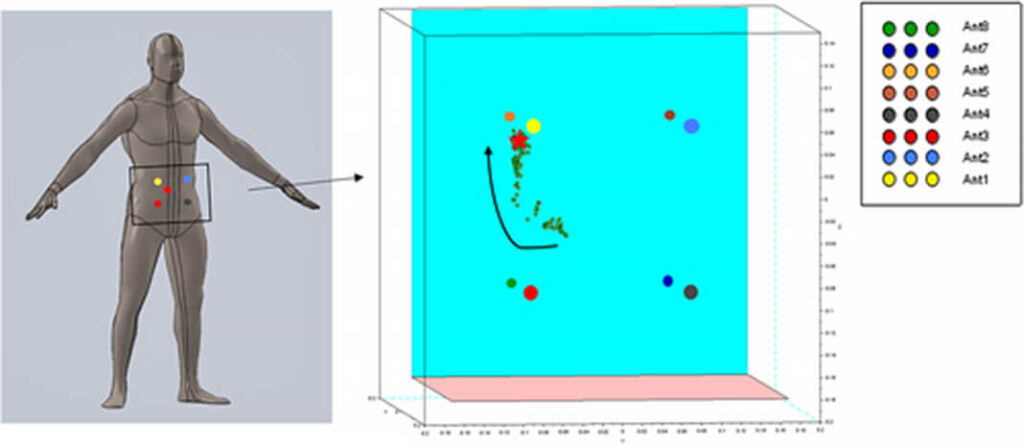
Mega Doctor News
EL PASO, Texas — Two Texas Tech Health El Paso gastroenterology researchers are receiving recognition for their clinical investigation of an electronic capsule that wirelessly relays important information about a patient’s gut motor function as it passes through the digestive tract.
Irene Sarosiek, M.D., AGAF, FACG, CCRP, and Richard W. McCallum, M.D., FACP, FRACP (AUST), FACG, AGAF, FSSCI, have spent years conducting a clinical study on the MoPill, a tiny electronic capsule that transmits its location in three dimensions as it passes through a patients’ digestive system.
As the pill travels, a physician tracks its movement using sensors attached to the patient’s body. The data collected includes the pill’s position in three dimensions and the time it takes to travel through 30 feet of the GI tract, identifying the time spent in specific anatomic regions of the digestive system. It gives a physician valuable insight into the patient’s “gastrointestinal motility,” the movement of food, liquid and waste through the gut. Jesus Diaz, M.D., an associate professor in the Department of Radiology, has been assisting Drs. McCallum and Sarosiek with this process.

The results of the study focusing on the safety and effectiveness of the MoPill (short for motility capsule) were recently published in the prestigious research journal, Neurogastroenterology & Motility.
“The MoPill system represents a significant leap forward in how we can diagnose and treat gastrointestinal conditions,” Dr. McCallum said. “By providing accurate and real-time positioning, we can enhance the effectiveness of procedures and ensure better patient care.”

Drs. Sarosiek and McCallum like to describe their technology as a “gastrointestinal positioning system,” or GPS for the digestive highway. The MoPill is an improvement over current diagnostic techniques which expose patients to radiation while providing only two-dimensional images of digestive organs and limited or no motility data.
The most recent study cohort was small – 10 healthy subjects – but the researchers are pleased with the promising results: There were no adverse events, and the MoPill worked as expected, reliably transmitting data along its digestive tract journey. The researchers say their study serves as a proof of concept for the MoPill’s potential to improve patient outcomes, particularly in diagnosing and managing gastrointestinal motility disorders.
“This is a significant paper and will be a trigger for companies to create a usable capsule that will change how we view gastrointestinal diagnostics,” Dr. McCallum said. “Historically, this will stand the test of time as a landmark breakthrough. The next steps for the MoPill will be to attract investors in the technology who can help refine it and introduce it to the health care marketplace.”

The journal fittingly published their study just before August, which was Gastroparesis Awareness Month and Digestive Tract Paralysis Awareness Month.
“The potential of this pilot study is limited only by the imagination of an individual with technological expertise,” Dr. Sarosiek said. “Our Texas Tech Health El Paso team has sparked a significant opportunity for the future of diagnostics thanks to this groundbreaking research. We’re thrilled to have served as the investigators and authors of the inaugural MoPill trial, and to explore potential future research for the diagnosis of suspected gastrointestinal motility issues. We hope that further research will confirm our current findings and expectations for the forthcoming generation of wireless capsules.”
Read the paper at: onlinelibrary.wiley.com/doi/10.1111/nmo.14864










